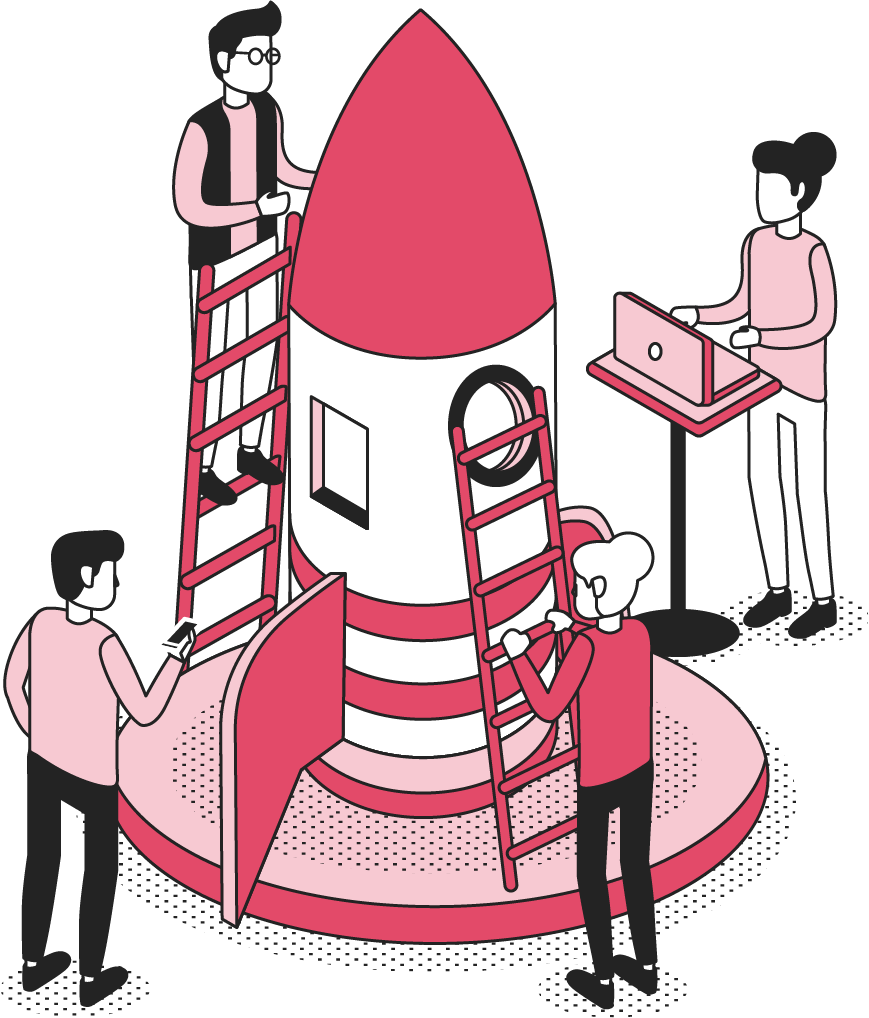The GLS Legal Operations Centre
The ultimate in-house legal department resource stack
Back
ML Services Provider
What Is It
The MLS Service Provider Station is the critical phase where a legal department selects and onboards a third-party provider to deliver part of its legal function on a managed service basis. This is not a simple outsourcing decision - it is a strategic move that can redefine how legal services are delivered across the organisation.
Traditionally, outsourcing was driven by cost - often sending work to low-cost jurisdictions. But that model is outdated. Today, efficiency is achieved through a flight to quality: high-calibre legal talent supported by optimised platforms, automation, and data-driven processes. The right MLS provider doesn’t just reduce cost - it elevates capability.
At GLS, we believe the MLS provider should be a transformation partner, not just a vendor. Our model combines elite legal professionals with cutting-edge support assets - clause banks, playbooks, AI tools, and performance diagnostics - to deliver better, faster, and cheaper outcomes. We don’t just take over work; we upgrade the process.
This station is also about risk management. The wrong provider can introduce inefficiencies, compliance issues, and reputational risk. The right provider, by contrast, becomes an extension of your legal team - aligned with your Group Legal Policy, calibrated to your Contracting Parameters, and committed to measurable performance.
Scope
The scope of the MLS Service Provider Station typically includes:
◼️Provider Selection Criteria: Defining what capabilities, credentials, and assets the provider must bring.
◼️Service Scope Definition: Clarifying which legal functions or workflows will be delegated.
◼️Onboarding Protocols: Establishing how the provider will be integrated into existing systems and processes.
◼️Performance Expectations: Setting benchmarks, SLAs, and reporting requirements.
◼️Risk & Compliance Alignment: Ensuring the provider operates within the legal department’s governance framework.
◼️Technology Compatibility: Assessing how the provider’s tools integrate with internal platforms.
◼️Security & Confidentiality Standards: Defining data protection and confidentiality protocols.
◼️Relationship Governance: Establishing communication channels, escalation paths, and review cycles.
Resource Status
In GLS legal ops speak – the ML Services Provider is considered a “Foundational” resource within the process ecosystem of an in-house legal team.
The Foundational Resource is a CRE that is responsible for determining the overall performance capabilities of a “critical” legal function. If it is not optimised, the function can never be optimised.
Best Practice Features
The best practice features of the MLS Service Provider Station are as follows:
◼️Strategic Fit Assessment: Provider is evaluated not just on cost, but on alignment with transformation goals.
◼️Capability Mapping: Provider’s resources and tools are matched to the legal department’s needs.
◼️Tech-Enabled Delivery: Provider uses automation, analytics, and support assets to enhance service quality.
◼️Governance Framework: Clear protocols for oversight, escalation, and performance review.
◼️Integration Planning: Provider is onboarded with minimal disruption to BAU operations.
◼️Risk Management Alignment: Provider operates within the boundaries of the Group Legal Policy and Contracting Parameters.
◼️Scalable Service Model: Provider can expand scope as transformation progresses.
◼️Cultural Compatibility: Provider understands and respects the legal department’s values and operating style.
Business Value
The MLS Service Provider Station delivers the following value to the Business:
◼️Reduced Legal Spend: High-quality delivery at lower cost through optimised service models.
◼️Faster Execution: Streamlined workflows and tech-enabled delivery accelerate deal velocity.
◼️Improved Risk Management: Provider operates within defined governance and compliance frameworks.
◼️Scalable Legal Support: Legal services can expand without increasing headcount.
◼️Enhanced Business Confidence: Stakeholders see legal as a strategic enabler, not a bottleneck.
◼️Better Vendor Performance: Clear expectations and oversight drive consistent outcomes.
◼️Transformation Acceleration: Provider brings tools and expertise that fast-track legal process improvement.
◼️Operational Resilience: Legal support continues uninterrupted even during internal resource constraints.
Legal Department Value
The optimisation of this Station will build value in the legal department in the following ways:
◼️Resource Relief: Frees up internal legal teams from routine or low-value work.
◼️Delegation Confidence: Legal can delegate with clarity, knowing the provider is aligned and capable.
◼️Performance Visibility: SLAs and diagnostics provide real-time insight into service quality.
◼️Tool Leverage: Provider brings support assets that enhance internal capabilities.
◼️Process Improvement: Provider helps identify and implement workflow enhancements.
◼️Risk Containment: Provider operates within defined legal and compliance boundaries.
◼️Team Focus: Internal legal can concentrate on strategic, high-impact work.
◼️Transformation Partnership: Provider becomes a co-pilot in legal department evolution.
Who Needs It
The MLS Service Provider Station is essential for:
◼️Legal departments seeking to implement managed legal services
◼️Teams undergoing legal transformation or restructuring
◼️Legal operations professionals designing scalable service models
◼️GCs and Heads of Legal aligning legal support with business strategy
Productivity Consequences
A legal team operating without an MLS Service Provider Station will face a wide range of inefficiencies including:
◼️Overloaded Legal Teams: Internal resources are stretched across low-value tasks.
◼️Inconsistent Service Quality: Lack of standardisation leads to variable outcomes.
◼️Poor Delegation Outcomes: Providers operate without clear guidance or alignment.
◼️Missed Cost Savings: Legal spend remains high due to inefficient resourcing.
◼️Transformation Stagnation: Lack of external support slows process improvement.
◼️Limited Scalability: Legal support cannot expand without increasing headcount.
◼️Compliance Risk: Providers may operate outside approved governance frameworks.
◼️Stakeholder Frustration: Business units experience delays and unclear engagement protocols.
Tech Implication
The MLS Service Provider Station has a strong tech profile:
◼️Platform Integration: Provider’s systems must integrate with internal legal and business platforms.
◼️Automation Capability: Provider should use tech to streamline workflows and reduce manual effort.
◼️Analytics & Reporting: Provider must deliver data-driven insights on performance and outcomes.
◼️Security Standards: Provider must meet enterprise-grade data protection and confidentiality requirements.
◼️Tool Compatibility: Clause banks, playbooks, and AI tools must align with internal standards.
◼️Scalability: Tech-enabled delivery allows the provider to expand scope without friction.
◼️Digital Collaboration: Seamless communication and document sharing across platforms.
◼️Tech-Driven Innovation: Provider brings new tools and approaches that elevate legal service delivery.

The GLS Legal Operations Centre
Register to access your complimentary Day 1 Resource Stack packed with legal team performance resources.

GLS Ultimate Guide To Legal Operations
Download this and read it thoroughly and regularly. It is a wonderful transformation companion.

Book A No-Obligation Consultation
If you would like discuss your legal transformation needs, please book a 30 minute free consultation with us.

GLS Legal Transformation Boot Camp
Our hugely successful, 10-week long, email-based boot camp on how to effectively transform your legal team.




